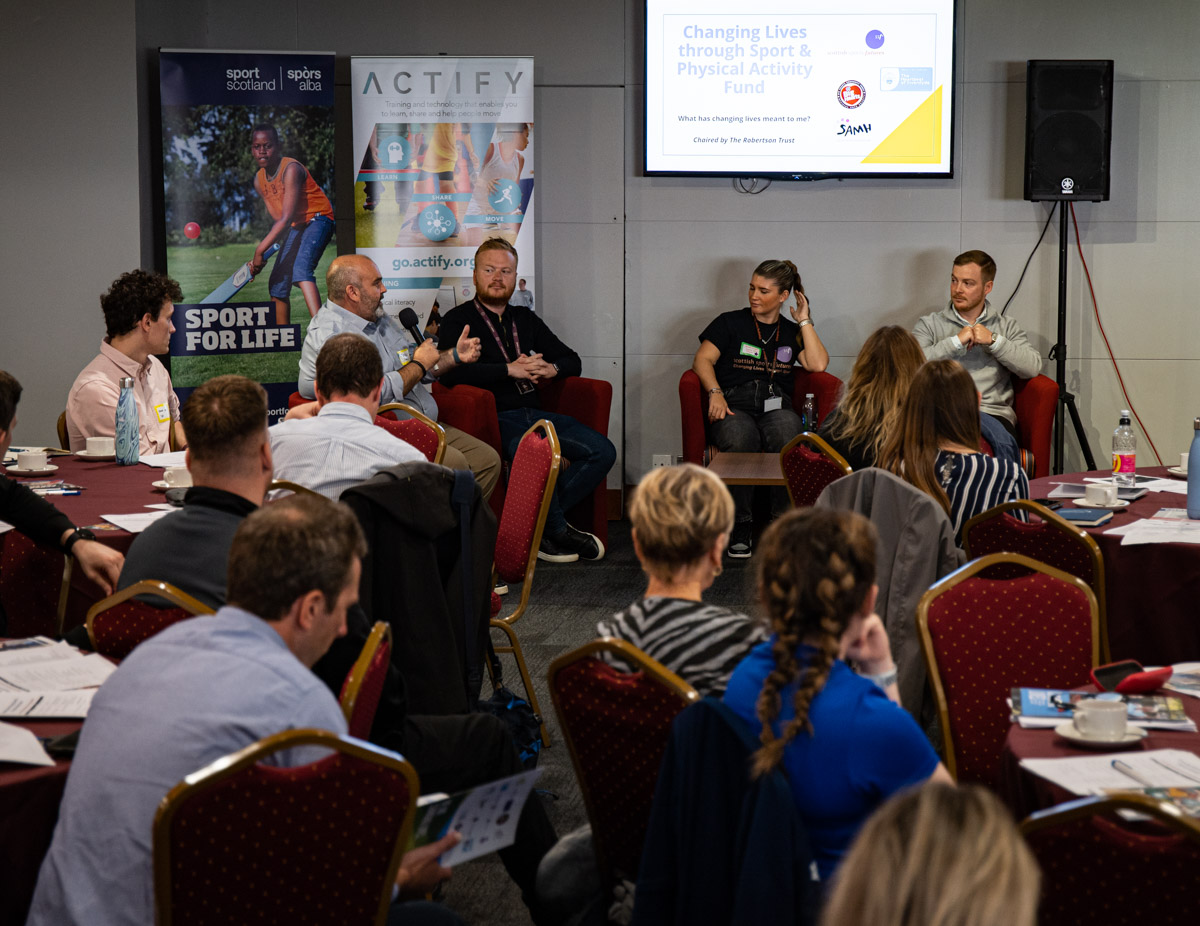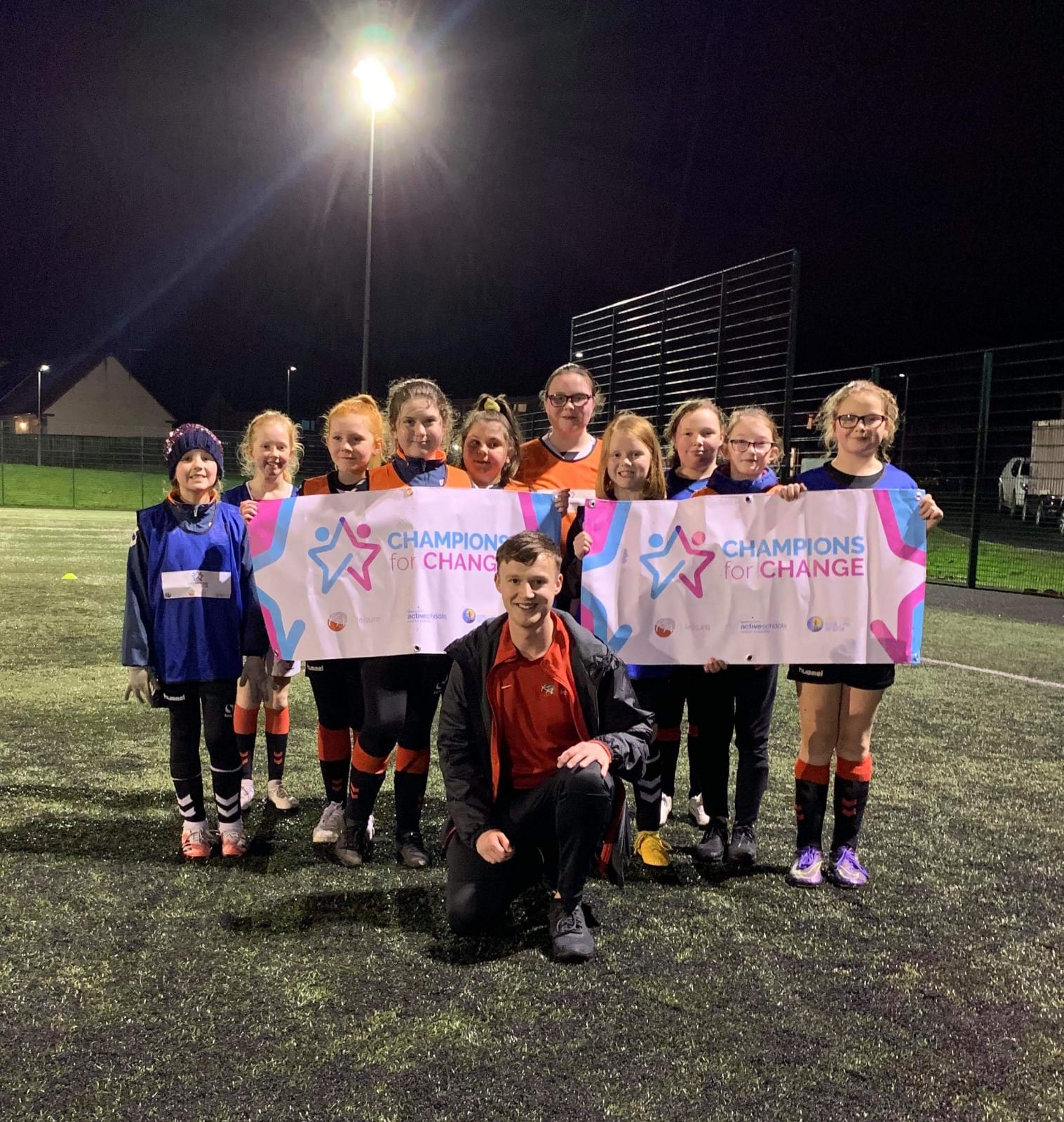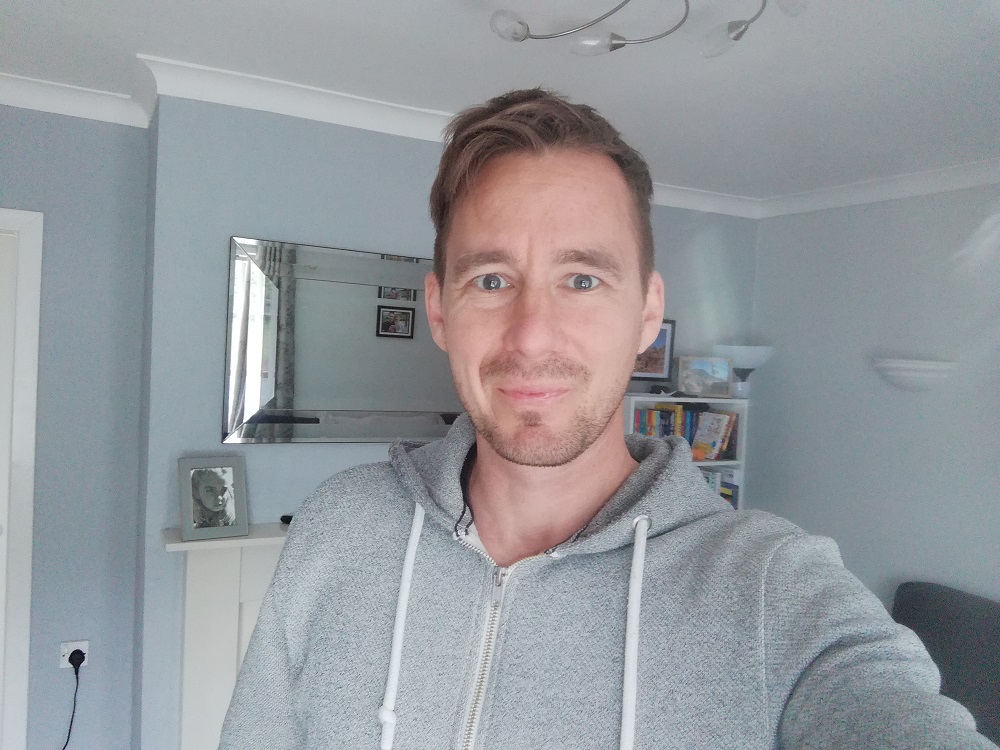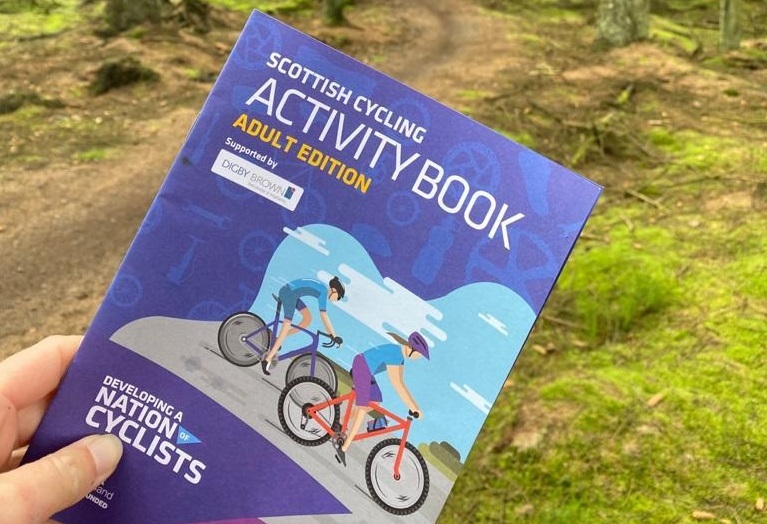Sports Minister, Maree Todd was joined at a Learning and Celebration event by partner representatives from The Changing Lives fund, sportscotland, The Robertson Trust and Spirit of 2012, to celebrate and learn about the impact of the Changing Lives through Sport and Physical Activity Fund, its achievements over the past few years and the difference it has made to communities across Scotland.
The Changing Lives Fund was a £1million fund which sat within the wider Changing Lives through Sport and Physical Activity programme and involved national partners including Scottish Government, sportscotland, The Robertson Trust and Spirit of 2012. Since 2019, the fund has supported 17 partnerships enabling sport and community organisations to intentionally change lives through sport and physical activity by bringing about change through health and wellbeing, inclusion, skills, and community connections.
Sports Minister, Maree Todd, said, “I welcome this report which clearly demonstrates that working in partnership can deliver positive change and support people to become and stay active. This fund and the wider Changing Lives through Sport and Physical Activity programme continues to have a significant impact on the lives of those taking part.”
“This report highlights the considerable amount of great work that has taken place to support communities and people to be active and made a difference to so many across Scotland.”

Chief Operating Officer of sportscotland, Forbes Dunlop, said, ‘‘Over the past few years, since the introduction of the Changing Lives Fund, we have increasingly discovered, through testimonies of people who live and breathe sport, that sport really does have the power to change lives across the country.
‘’The work that the Changing Lives Fund has supported, has demonstrated how much can be achieved at local level and how sport and physical activity can bring about change across many aspects of life within communities.'' ''By working in partnership sportscotland, Scottish Government, the Robertson Trust, Spirit of 2012 and community groups have been able to show how access to sport and physical activity can have a real impact on people’s lives.’’
The Changing Lives Fund focused on four key themes, Inclusion, Health and Wellbeing, Skills, and Community. Many of the project groups found that to effect change, they had to focus on using sport and physical activity to intentionally bring about that change, delivering activity with a focus on relationships with participants, a person-centered approach.
Many of the projects focussed on young people, however there were some projects that targeted specific groups, such as areas of high deprivation, ethnic minority groups and people with disabilities. The Fund supported a variety of different projects from the 17 successful applications from walking netball to jogging and using football to create a pathway from prison to community.
Across all the projects and throughout the two and a half years, the Changing Lives Fund saw nearly 13,000 people participate at some level in sport or physical activity. Many of the projects found that they could increase engagement in certain communities by combining physical activity with social opportunities. Sporting and non-sporting organisations working together has been found to be effective in reaching inactive people and achieving positive change.
The Changing Lives Fund demonstrated that sport and physical activity can play a powerful role in supporting people to become more active, feel healthier, improve their mental wellbeing, and develop their skills and strengthen their community links.
Ruth Hollis, Chief Executive of Spirit of 2012, said, ‘’We're proud to present the final report for the Changing Lives Through Sport & Physical Activity Fund today. Participating in sport and physical activity can have a huge impact on people and their communities, especially on their physical, mental, and social wellbeing. Changing Lives has proven that in spades.’’
‘’The goal now for us and our partners is to support sporting and non-sporting organisations across Scotland – and the rest of the UK - to adopt our approach so that these benefits can be felt by as many people as possible.’’




